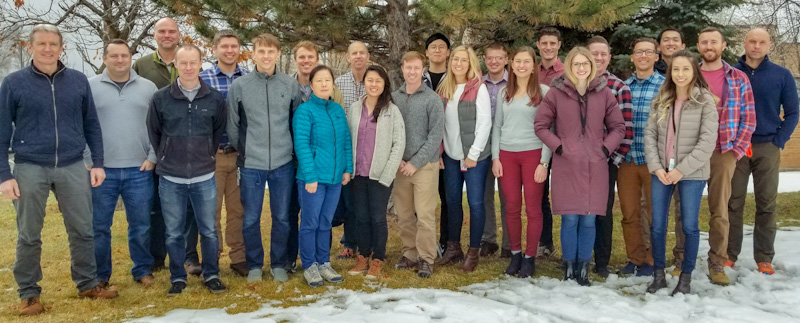Project Background
Heart failure (HF) and chronic kidney disease (CKD), alone or in co-existence, continue to be challenging medical conditions associated with poor prognosis, severe exercise intolerance, and diminished quality of life despite advances in pharmacological treatments. Thus, improved understanding of pathophysiology that may underlie these medical conditions may offer insight into potential therapeutic targets. Decrements in vascular and autonomic function, which are important predictors of mortality, have been reported in patients with HF and CKD, suggesting that strategies that lead to improve vascular and autonomic function may confer improved cardiovascular outcomes. The goal of this research is to identify potential non-pharmacological and pharmacological approaches that can lead to an improvement in vascular and autonomic function in patients with HF with and without CKD. Non-pharmacological approaches include lifestyle interventions such as exercise training and passive heating, whereas pharmacologic approaches include supplementation with nutraceuticals or treatment with FDA-approved cardiovascular medications.
Student Role
Students will have the opportunity to work alongside a collaborative team of predoctoral and postdoctoral trainees, research staff, clinicians, and faculty members within the Utah Vascular Research Laboratory (UVRL), thus providing invaluable experience in and exposure to a team science environment. In addition to supporting all programmatic aspects of SPUR, key hands-on activities during the summer research training within the UVRL include the following:
- Conducting a literature review on disease-related alterations in vascular and autonomic function in animals and human patients with HF and CKD.
- Assisting with patient recruitment and screening.
- Performing some aspects of data entry, analysis, and dissemination.
- Developing additional, transferrable skills in writing scientific abstracts/manuscripts and presenting research data at the lab meetings and/or research seminars.
In addition, the student will have the opportunity to participate in weekly Research-in-Progress, Journal Club, and research team meetings with other faculty, trainees, and staff members at the UVRL.
Student Learning Outcomes and Benefits
Students will gain basic understanding of HF and CKD-related pathophysiology and potential therapeutic interventions through evidence-based teaching practices and will gain various portable skills through hands-on research activities in an inclusive, collaboration team science environment. Examples of these skills include, but are not limited to, critical thinking, adaptability, leadership, project management, teamwork, communication, and writing skills, all of which are important attributes for the student's professional and career development.

Kanokwan Bunsawat
My mentoring philosophy is to create an inclusive and safe environment that promotes learning, curiosity, creativity, confidence, a sense of identity, productivity, and collaboration. To reinforce inclusivity and representation, I am committed to providing hands-on research mentoring and open-door policy that facilitate scientific and professional development discussions that are transparent, flexible, collegial, and non-discriminatory. Through immersive and collaborative research environment, students will gain several important research and professional skills through key hands-on research activities that foster evidence-based learning and may enhance interest in biomedical research. To ensure accountability, I will meet with the student on a weekly basis to discuss goals, expectations, and progress, and will foster learning opportunities with my research team who will provide additional oversight on the daily basis.
